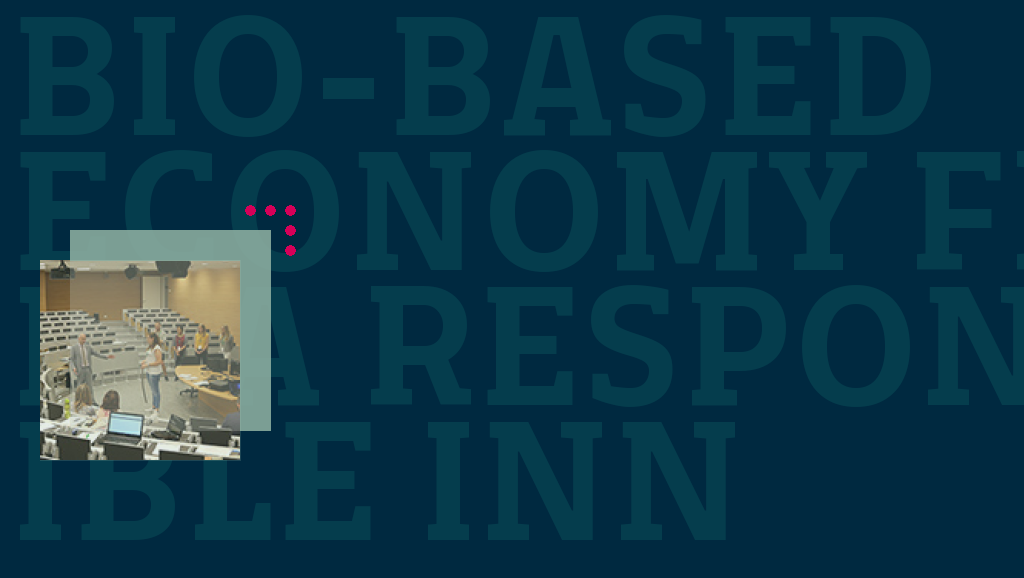On Friday 9 September 2017, Bassetti Foundation Foreign Correspondent Jonathan Hankins delivered a lecture at the Milan Bicocca University. The Lecture formed part of the program of the Towards a Bio-based Economy: Science, Innovation, Economics, Education Summer School, jointly hosted by Milan’s Bicocca and Gothenburg’s Chalmers universities.
The five day summer school featured interventions from an array of speakers from across the globe, including senior biology researchers, medical and bio-chemists, EU project managers and business start-up leaders. The Summer School also included a trip to a local bio-refinery and concluded with presentations from the participants on their research projects and experience.
Hankins presented a lecture entitled Bio-based Economy from a Responsible innovation Perspective.
The lecture began with an overview of arguments related to Responsible Innovation (RI), its working definitions and some of the questions they raise about responsibility; to whom are innovators responsible? Which forms of responsibility are in play? What are the implications of being (or feeling) responsible to society at large?
These arguments were presented through a role play of what has been described as the Trolley Problem. In this problem a train is running out of control, and will crash into a large group of people and presumably kill them all. In the scenario however there is a junction in the track, and a person standing at the junction who has a lever and can divert the train onto a second track.
The second track also has people on it however, fewer people, or different types of people as described in the scenario as it is developed. The question was asked: Should the train be diverted to kill less people or people of different standing?
Later in the scenario a third possibility was introduced, that of pushing a single person onto the tracks to derail the train, thus killing one and saving many more. The fragility of the issue of responsibility was thus exposed.
Hankins then explained how Responsible Innovation can be viewed as the development of Technology Assessment (TA) procedures. He argued that RI could be seen as the introduction of morality to TA, before addressing the issue of the Collingridge Dillemma (“When change is easy, the need for it cannot be foreseen; when the need for change is apparent, change has become expensive, difficult and time consuming”), and the aims promoted by the Foundation of building a responsible innovation and research process.
Hankins then went on to discuss two examples of how such an approach might work, offering two case studies that regular Foundation visitors may know; Ufficina Corpuscoli and the work of Prof. Jos Malda. Full details and explanations of these case studies are available through the links above.
The lecture raised several issues surrounding the responsibility designers and system engineers face and take when they design innovation and production systems, with participants raising many interesting questions in a free question and answer session to close the lecture.
Some photos of the event:
———–
















